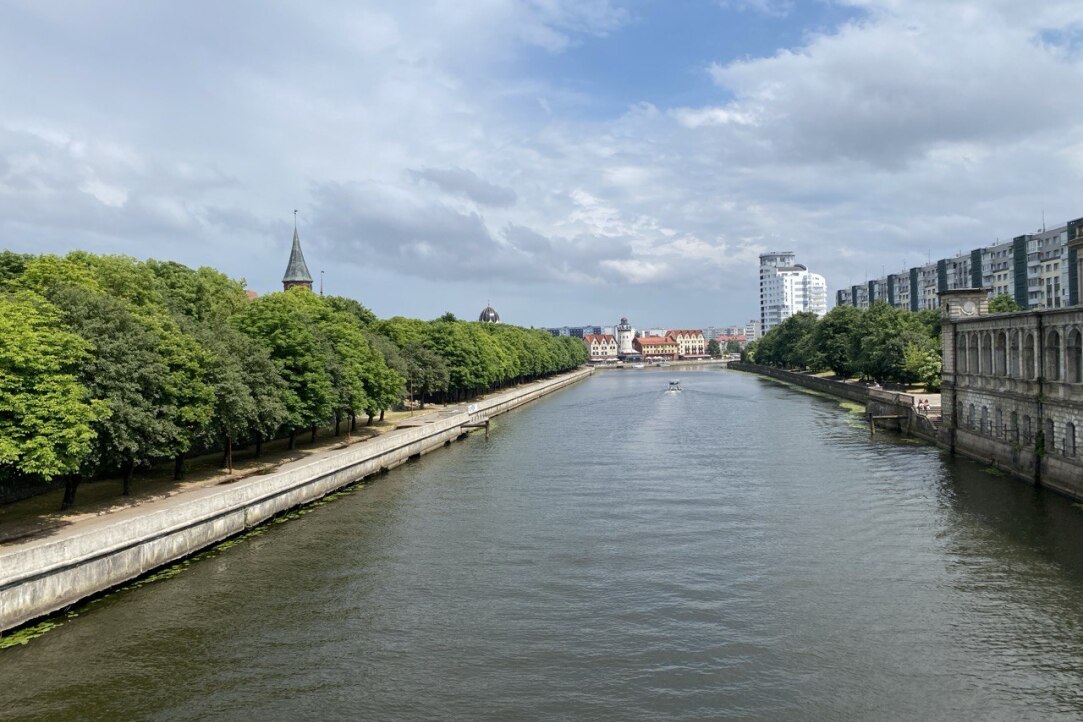Regional Identity And Migration Orientations Of Residents Of The Kaliningrad Region

In June 2023, the Institute of Ethnology and Anthropology of the Russian Academy of Sciences conducted an ethnosociological study on the border situation in the Kaliningrad Region. This study aimed to identify the demographic and migration patterns of the region and to collect information on public sentiment. To conduct a mass population survey, a representative sample of the urban population in the region was selected. In 11 cities, including Kaliningrad, more than 1,500 people aged 18 years and over were interviewed through a field survey. The quota requirements for selecting respondents based on geographical location, gender, and age were met during this survey.
The results of an ethnosociological study conducted in the Kaliningrad region in 2023 indicate that the population of this area as a whole exhibits a strong sense of Russian civic identity and belonging to a larger country. A significant level of regional identity is linked to the geographical and socio-economic features of the region, as well as the history of its permanent settlement in the latter half of the 20th century. The feeling of being a "Kaliningrad resident" complements and reinforces the all-Russian identity among the majority of respondents, rather than opposing it. Ethnicity and religion do not play a significant role in the identity hierarchy of most respondents.
Thus, it can be argued that residents of the Kaliningrad region, being immigrants or descendants of immigrants from different regions and republics of the former USSR, generally give a positive assessment of living conditions in their home region. Most respondents do not wish to leave and do not have plans to do so. Although there is a significant proportion of young people who express a desire to relocate, in these cases, respondents consider only regions where living standards, material security, and infrastructure are significantly higher than in Kaliningrad, such as Moscow and St. Petersburg.
Human Capital Multidisciplinary Research Center Digest Project is managed by Olga Voron.
The new issue of the research digest (Russian version) is available at the link.
Previous issues are available at the link.
The research digest was prepared in the framework of a research grant funded by the Ministry of Science and Higher Education of the Russian Federation (grant ID: 075-15-2022-325).